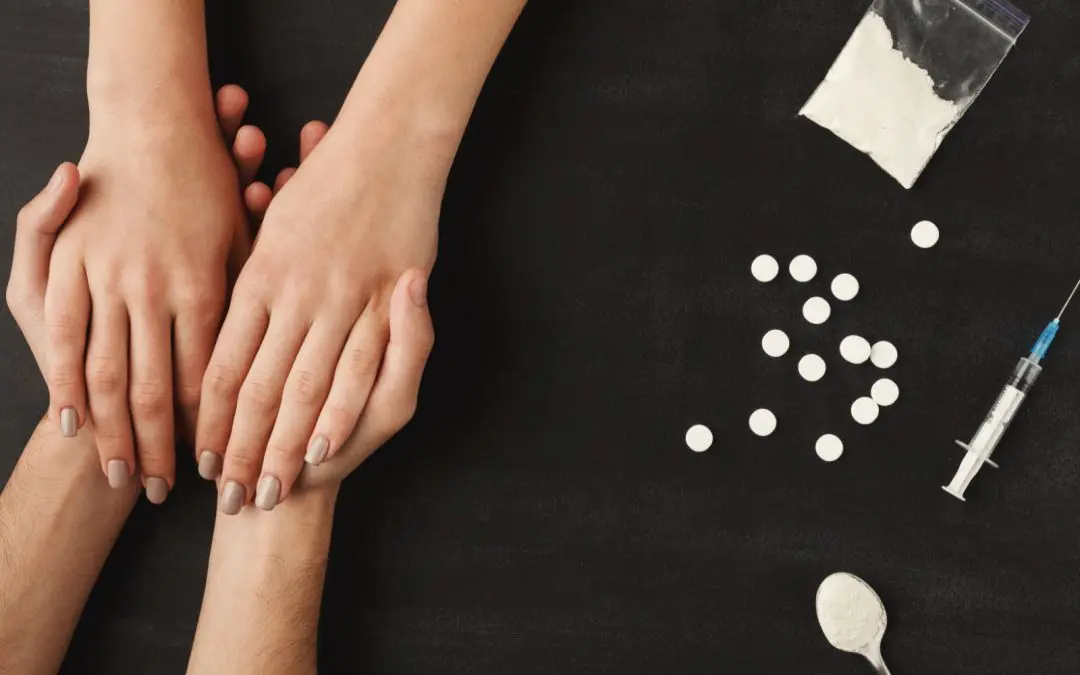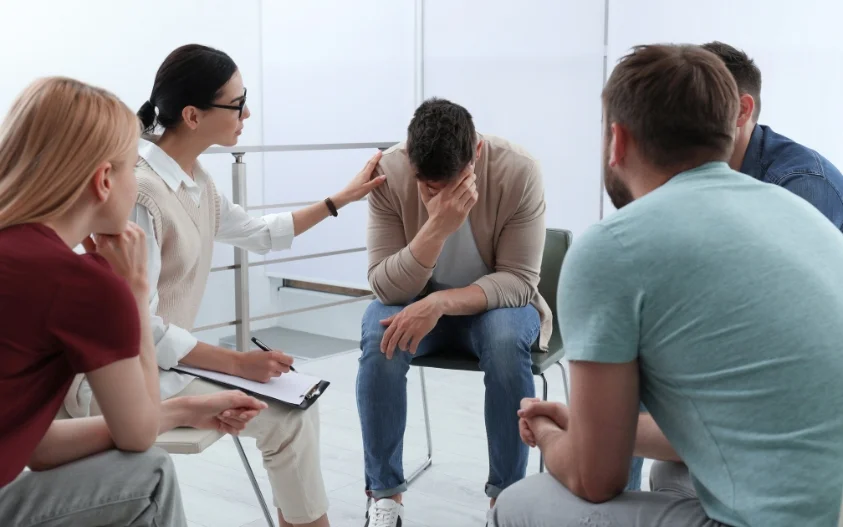24/7 Helpline:
(866) 899-221924/7 Helpline:
(866) 899-2219
Learn more about Prescription drug Rehab centers in Floyd County

Other Insurance Options

BlueShield

Carleon

Excellus

Sliding scale payment assistance

Optima

Oxford

Kaiser Permanente

Meritain

State Farm

Molina Healthcare

PHCS Network

Ambetter

ComPsych

UMR

GEHA

Amerigroup

Premera

CareSource

EmblemHealth

CareFirst

Our Place – Drug and Alcohol Education
Our Place - Drug and Alcohol Education is a non-profit rehab located in New Albany, IN. Our Place - ...

LifeSpring Health Systems – Floyd County Office
LifeSpring Health Systems is a premier provider of co-occurring mental health and substance use diso...

Groups
Groups is private healthcare company providing outpatient treatment for opiate addiction using weekl...












































